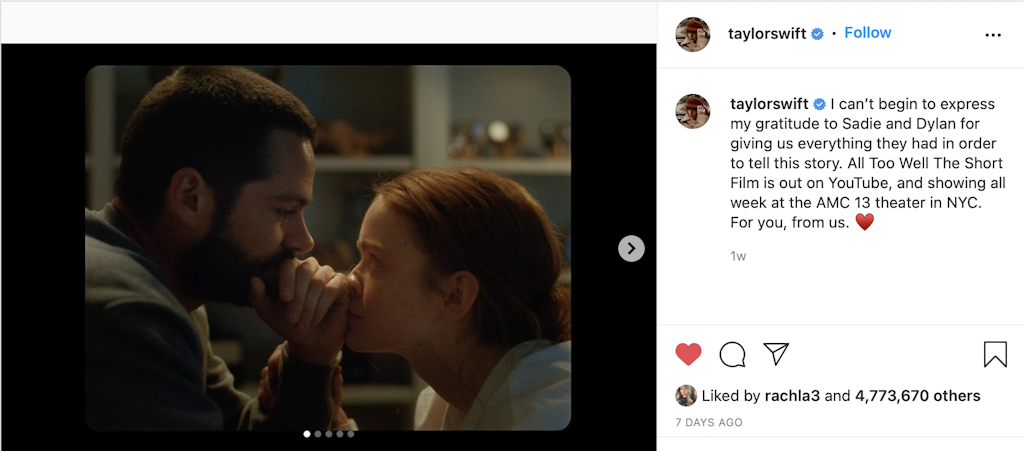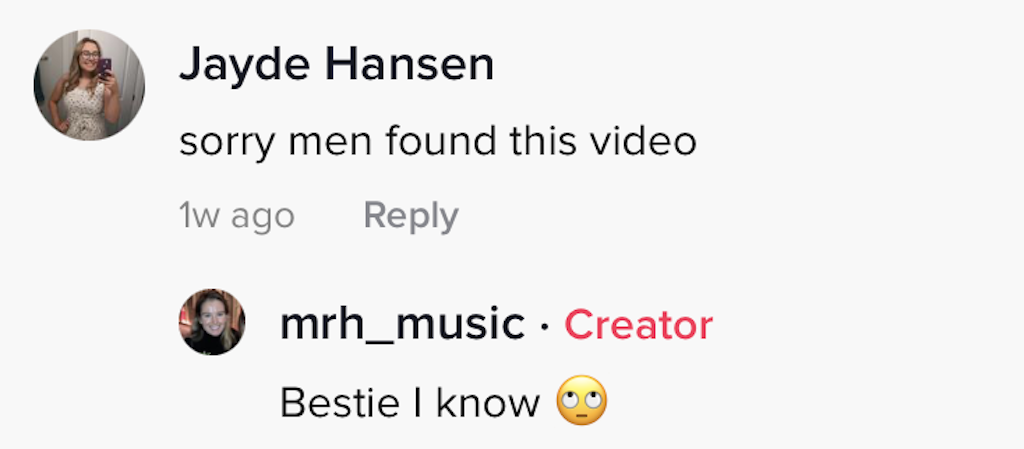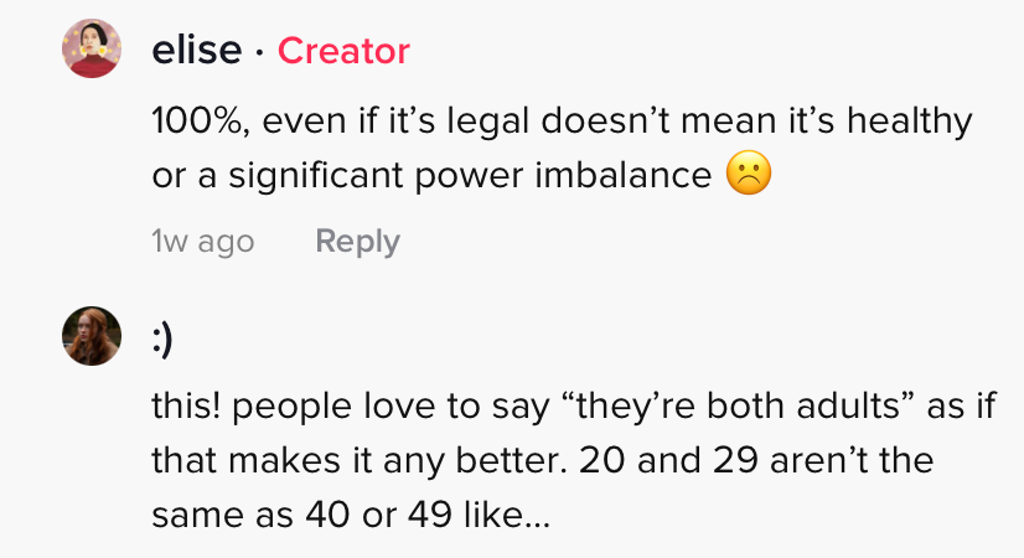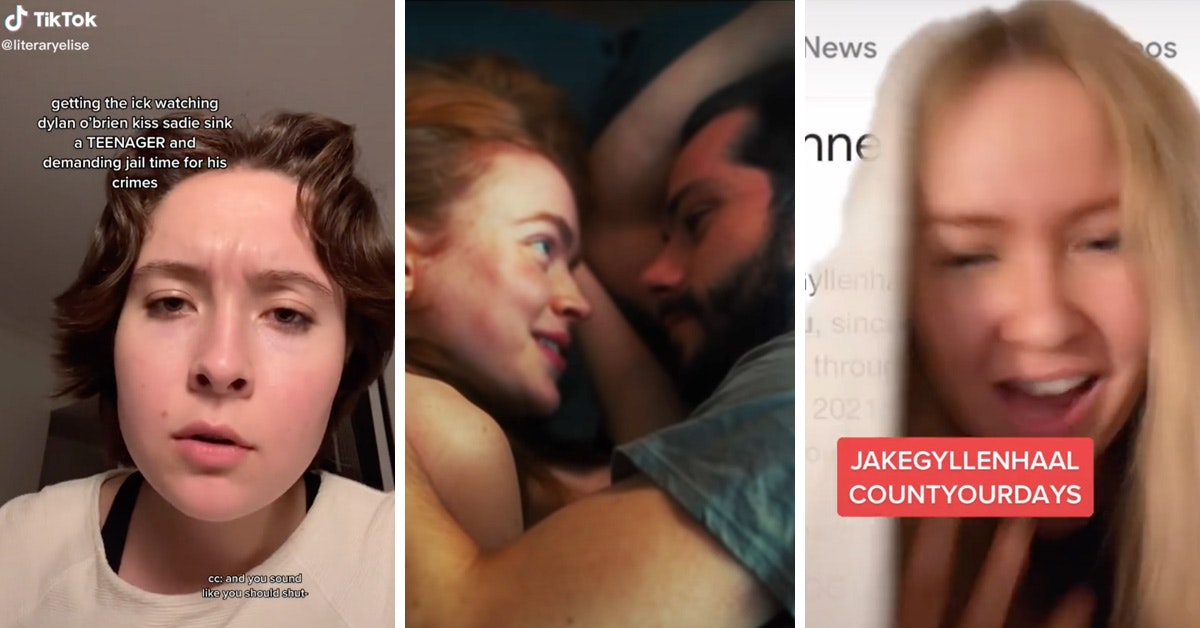Taylor Swift’s “All Too Well” Is Making Women On TikTok Rethink Relationships With Older Men
I’ve been saying that Taylor Swift is an evil genius since 2012, when “We Are Never Ever Getting Back Together” hit the airwaves and I wanted to hate it but instead I loved it. I mean “evil genius” in the best way possible: the song went against my every aesthetic impulse, but I found myself singing it under my breath all the time anyway.
The song illustrated that Taylor Swift doesn’t just make relatable pop art. She’s also someone who can take an individual, private experience and elevate it into entertainment that is almost improbably enjoyable. That’s definitely someone who could take over the world.
And, almost a full decade later, T.S. has proven me correct, by dropping the ten-minute version of “All Too Well” and its accompanying short film. The impetus for her re-release is part of a larger project intended to correct a power imbalance by giving Swift rightful ownership of her songs’ masters. But this new version of the song powerfully corrects a different kind of power imbalance—one many women have experienced in romantic relationships.

As online-sleuthing Swifties have sussed out, and as the visuals in the video underscore, the song is a confessional piece about Swift’s whirlwind romance with Jake Gyllenhaal when he was 29, and she was 20.
In this lengthier version, the audience sees an older, more experienced man treating his younger female partner callously. Then, he gaslights her about it. Being a decade younger and far less experienced, she’s not able to immediately perceive the power differential.
As the song builds, the narrator gradually realizes that she’s being emotionally dominated and silenced in unhealthy ways. Women have responded to this pretty strongly.

And yes, there’s a large swath of Swifties who are none too pleased with Jake Gyllenhaal and his “F—k the Patriarchy” keychain. But many more are re-examining their own past intimate relationships and the (frequently misogynistic) power imbalances therein. These weren’t things our culture always recognized as ugly, but after #MeToo, women have begun to unpack past gendered interactions with the clarity of a paradigm shift.

In her recent SNL performance of the song, Swift made significant eye contact with the camera a couple times. Obviously, these piercing glances can be chalked up to her instincts as a highly talented performer. However, their appearance of silently but directly addressing her former lover had many fans wondering what Gyllenhaal’s reaction might be, especially to lines like, “I’ll get older, but your lovers stay my age.” For his part, Gyllenhaal continues to have no comment. Perhaps this is one dialogue in which he can’t dictate the terms.

